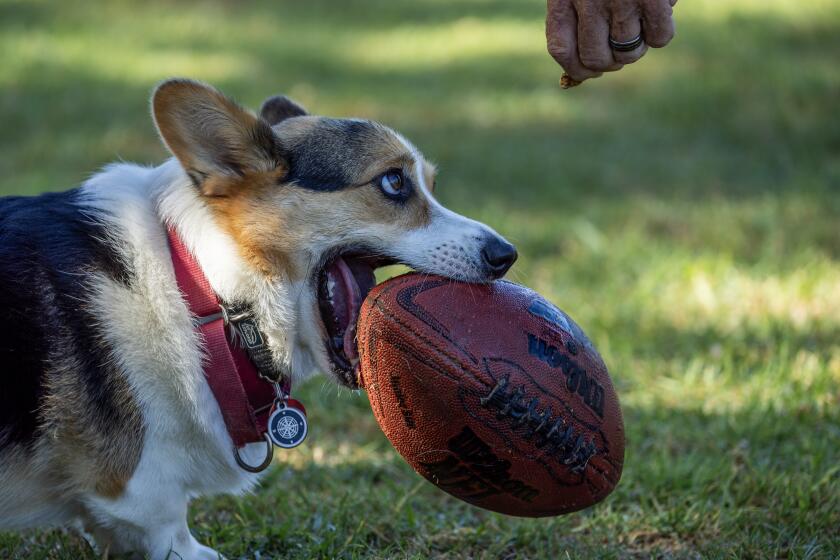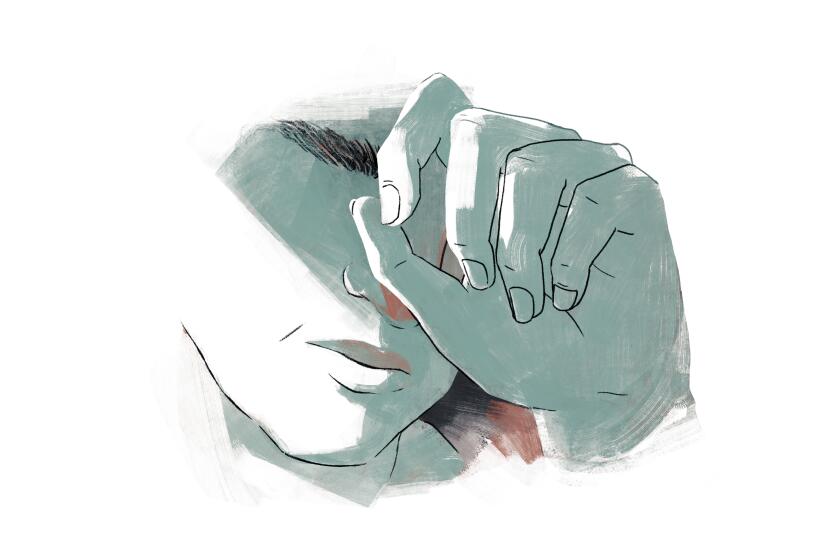UC Researcher Admits Human Cloning Attempt
A UC San Francisco researcher attempted so-called therapeutic cloning of human embryos before moving his research to England last year, the university confirmed Friday.
The efforts by geneticist Roger Pedersen and his colleagues did not succeed in producing any viable human embryos, and the effort was not publicized because of the lack of success, according to Dr. Keith Yamamoto, vice dean for medical research at the school.
The attempts were revealed as the result of a Freedom of Information request filed by the Wall Street Journal, which published a story Friday.
“There was no effort to be secretive of anything that we’re doing,” Yamamoto said.
The only other publicly acknowledged attempt at therapeutic cloning in the United States was performed by a small biotechnology company, Advanced Cell Technology. Their efforts also were not successful.
Although Pedersen was not available for comment Friday, a statement he wrote released by the university indicated that the work on campus was terminated both because of the complexities involved in funding and his decision to accept a post at the University of Cambridge in Britain. Pedersen was widely thought to have accepted the Cambridge post at least in part because of the prospect of U.S. bans on such research.
But he is not now conducting such research, he said in his statement, and probably will not in the near future.
Yamamoto said that research protocols governing therapeutic cloning are still in place at the university but that the research would not be resumed until competing bills now before the U.S. Senate are resolved. One bill would outlaw all cloning in the United States. A second would outlaw cloning for purposes of reproduction but would permit therapeutic cloning.
The House has already passed a bill outlawing all cloning, and President Bush has made two speeches indicating that he supports such a ban.
A vote on the competing bills had been postponed for several months and is now expected in June.
In therapeutic cloning, DNA from an adult’s cell is placed in a human egg that has had its own DNA removed. The goal is to produce a very early embryo from which fetal stem cells could be harvested. Such cells are widely viewed as potential treatments for a host of diseases, such as diabetes and Alzheimer’s. The advantage of using clones is that the tissue would be genetically identical to the patient’s and thus less likely to be rejected.
Once researchers learn how to control the growth of stem cells, they also potentially could be used to produce replacement organs for transplants.
David Baltimore, president of Caltech, said such studies involving stem cells and cloning are important, both for developing a deeper understanding of biology and devising new medical therapies.
But USC bioethicist Alexander Capron said he is worried about the UC San Francisco revelation. While he is not morally opposed to using stem cells for medical purposes, he thinks there are insufficient regulations today to avoid cloned embryos resulting--somewhere--in the birth of a cloned child.
“We need a good deal of further thought about this before we plunge into research cloning,” he said.
Pedersen’s research was conducted in the first six months of 1999 and over a five-month period at the beginning of 2001. His group used eggs donated by a fertility clinic that the clinic’s physicians had been unable to inseminate. Experts said Pedersen’s failure to obtain viable embryos was not surprising, considering the eggs’ history.
Yamamoto did not reveal how many eggs Pedersen had worked on. The documents obtained by the Journal said he had proposed studying as many as 1,000 eggs a year.
Pedersen’s research was complicated by the fact that U.S. law prohibits any research on human cloning using federal funds. Thus, his experiments were supported with state funds and money from Geron Corp., a biotechnology company in Menlo Park.
But keeping his research entirely separate from other studies conducted with federal funds was difficult, a situation that contributed to the cessation of the work.
Although the protocols permitting the UC San Francisco research are still in place, anyone who wanted to do human cloning there would have to go through the approval process again, Yamamoto said.
“No one will simply be able to walk in and start doing experiments,” he said.



